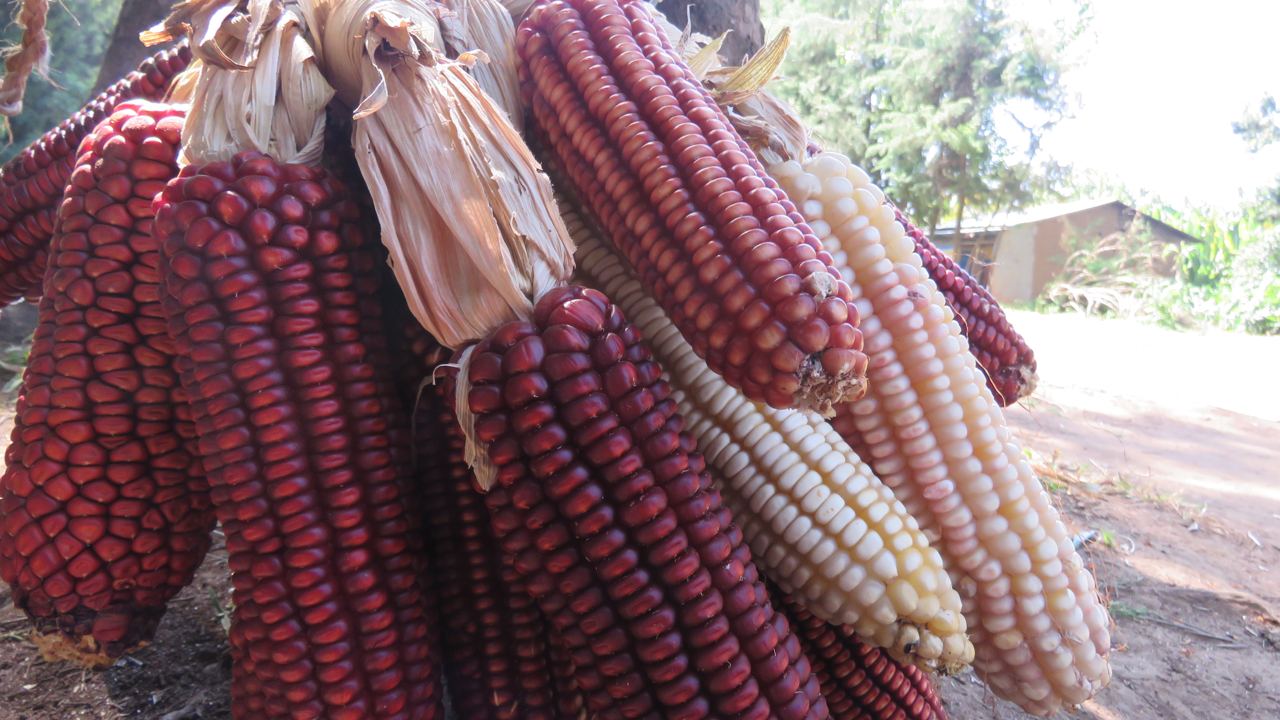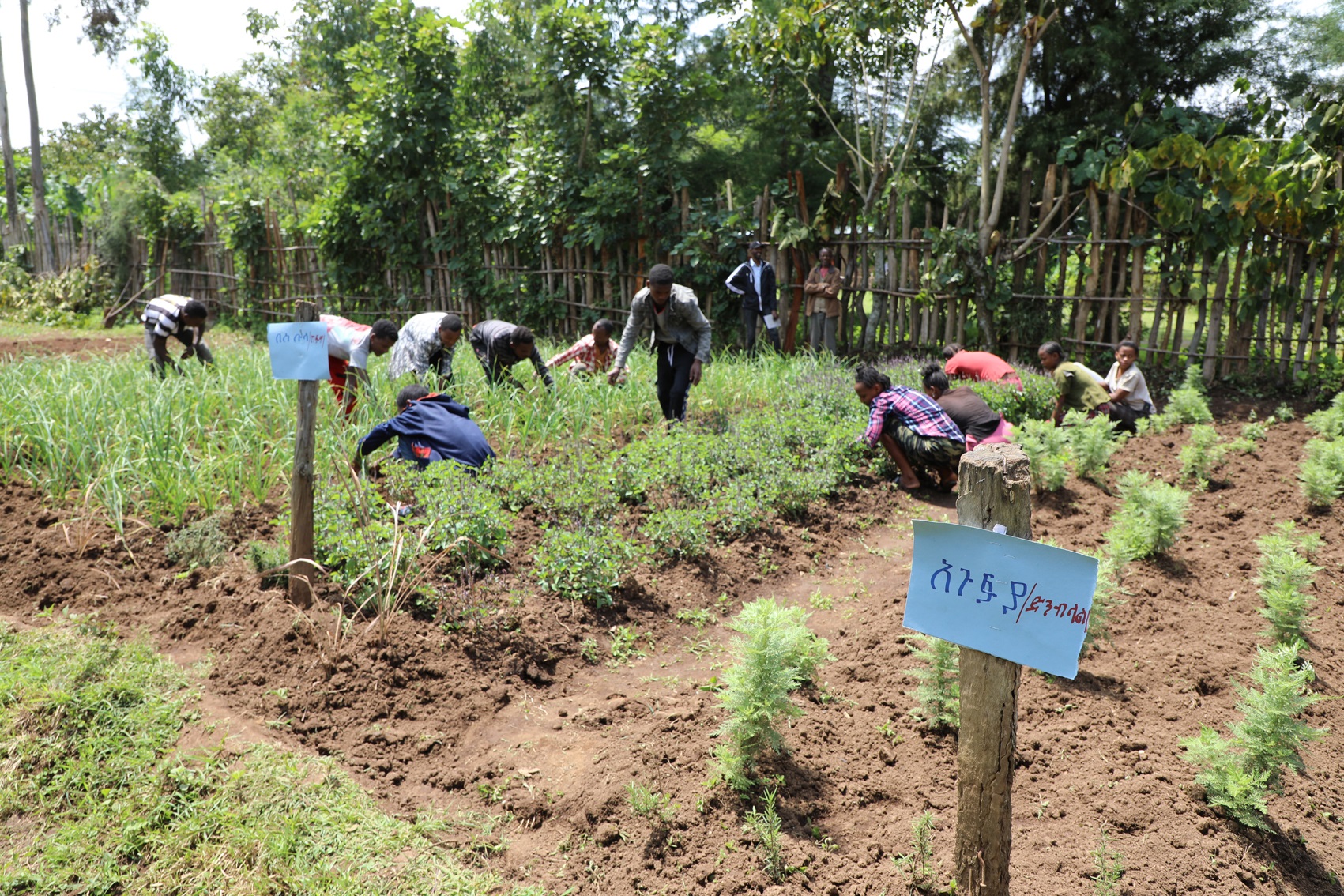TDA RESET + INNOVATION FOR RESILIENCE PROJECT
(Nov. 2020 to Oct. 2022)
The project titled "Building Resilience of rural communities in Woliata through sustainable production, value addition and marketing of local
crops" was planned to target the root causes of vulnerability (hunger, poverty, and diminished biodiversity) in the affected communities by encouraging sustainable production, value addition, and marketing of local crops.
 The ultimate goal of this project is to align with the 2030 agenda of sustainable development goal 2, which is to annihilate hunger, secure food and nutrition, and promote sustainable agriculture.
The ultimate goal of this project is to align with the 2030 agenda of sustainable development goal 2, which is to annihilate hunger, secure food and nutrition, and promote sustainable agriculture.
The project was put in place to bolster resilience in rural Wolaita through climate-smart crop production, value addition and marketing. To achieve this goal, a variety of activities were implemented to give smallholder farmers the capability and confidence to utilize climate-smart farming methods, incorporate local crops, and create agribusinesses for value addition and local crop marketing.
To promote and safeguard local crops, the project conducted multiple activities involving local stakeholders and organizations.
The primary objective of the project was to carry out initiatives that would enable smallholder farmers to employ climate-smart agricultural practices (conservation agriculture and sustainable organic agriculture), incorporate local crops into their farms to yield greater agricultural production, attain better food security, increase biodiversity, and engage in value addition and marketing to gain more income.
The outcome of these projects has been the attainment of the following major objectives during the project timeframe.
- 5,349 (3,269 women) have adopted and have been practicing climate smart agriculture, particularly conservation agriculture and sustainable organic agriculture, integrating local crops into their farms. The farmers have been practicing the three principles of conservation agriculture, including minimum tillage, permanent soil cover, and crop association.
- These farmers are achieving diversified and increased crop production, integrating more than 5 local crops such as tubers and root crops like local taro, vegetables like pumpkin, kale, and spices & herbs, including garlic, Artemisia afra, black and white cumin, rosemary, etc. This has enabled them (especially women) to achieve the provision of diversified and nutritious food to their families, besides diversified income.
- Established 80 agribusinesses that are functioning, involving 2,000 members (65% women), who have been engaged in value addition and marketing of local crops.
- Established five institutional taskforces (4 at District and 1 at zonal level) for supporting institutionalization of local crops, engaging multi-stakeholders.
- The institutional taskforces have produced a district level strategic document on protection and promotion of local crops, which will feed to zonal policy on the subject.
Serving the whole person!
